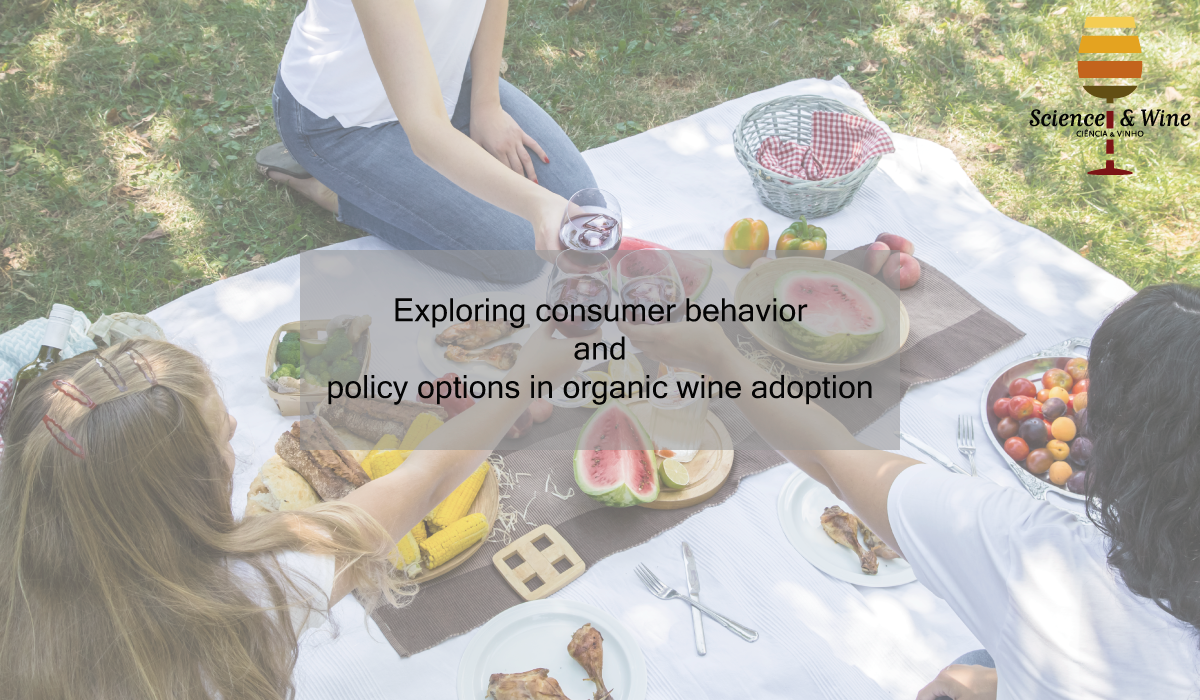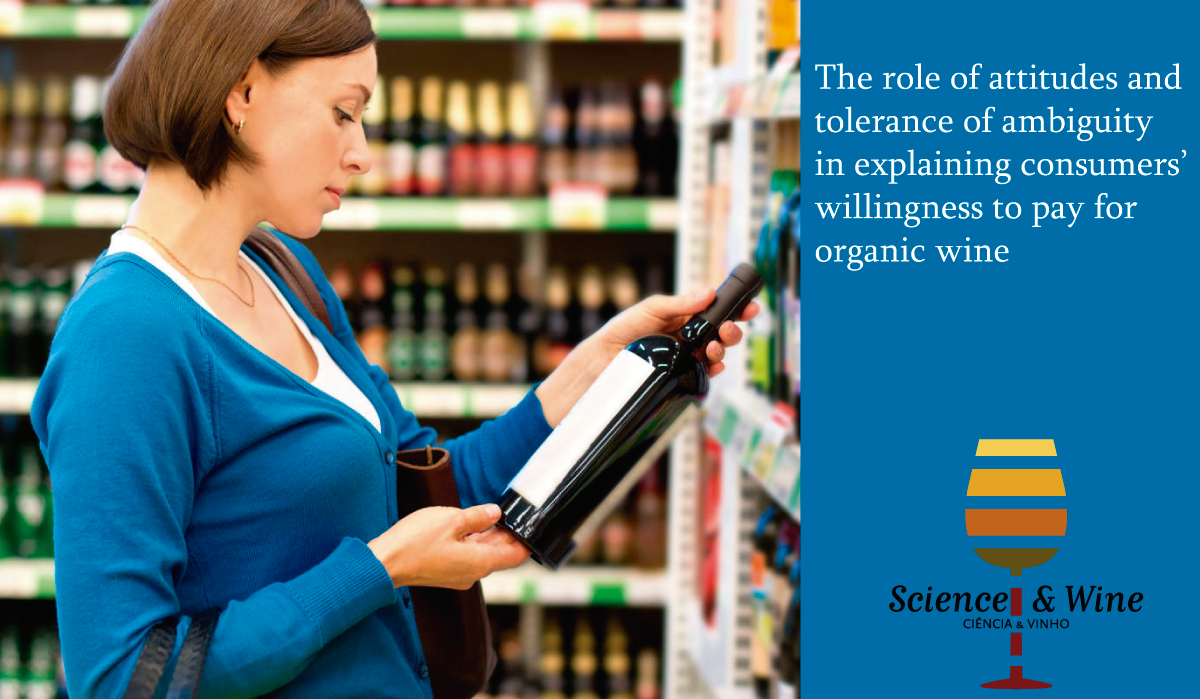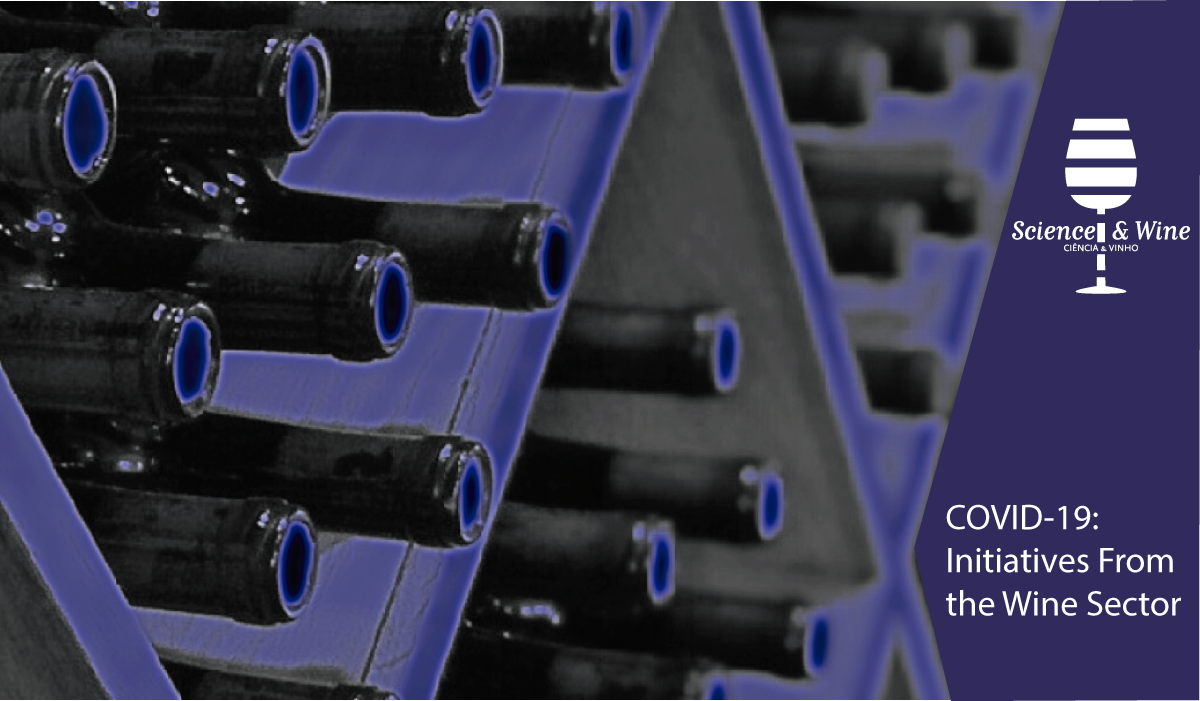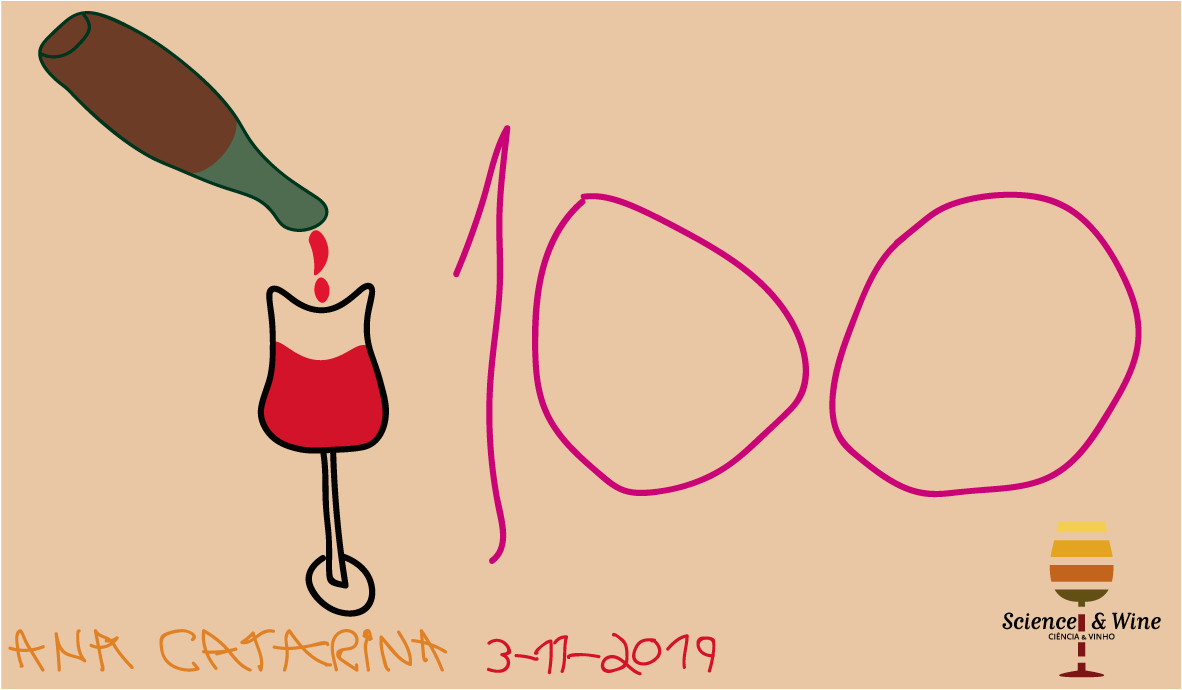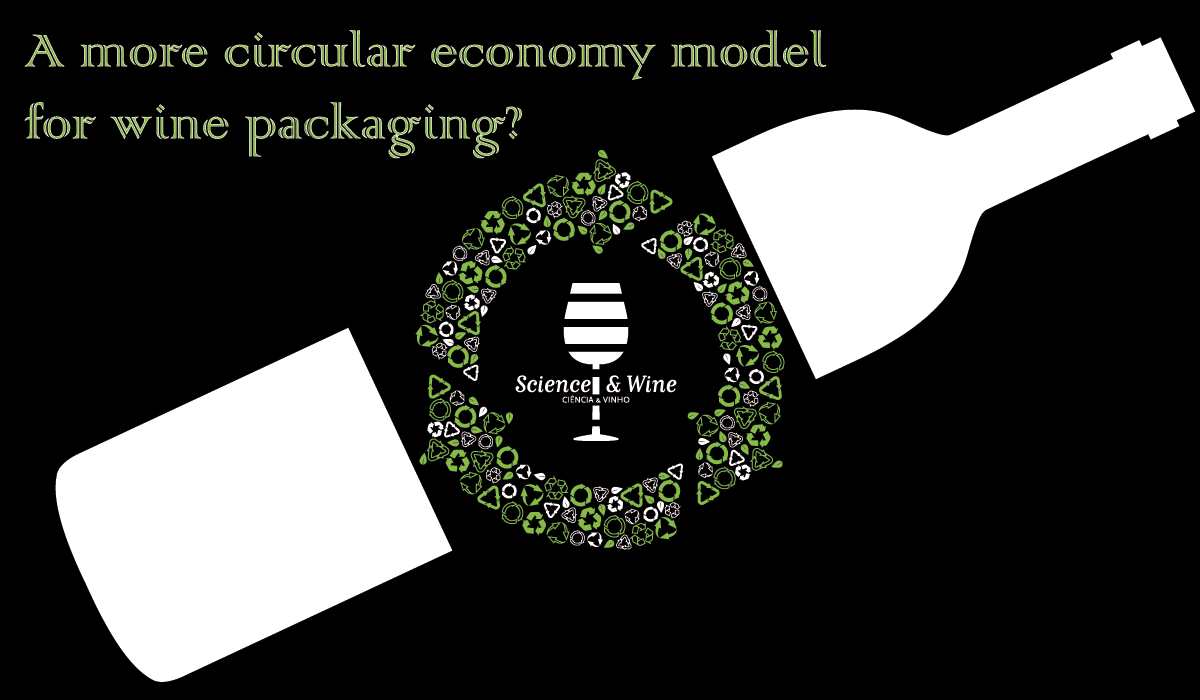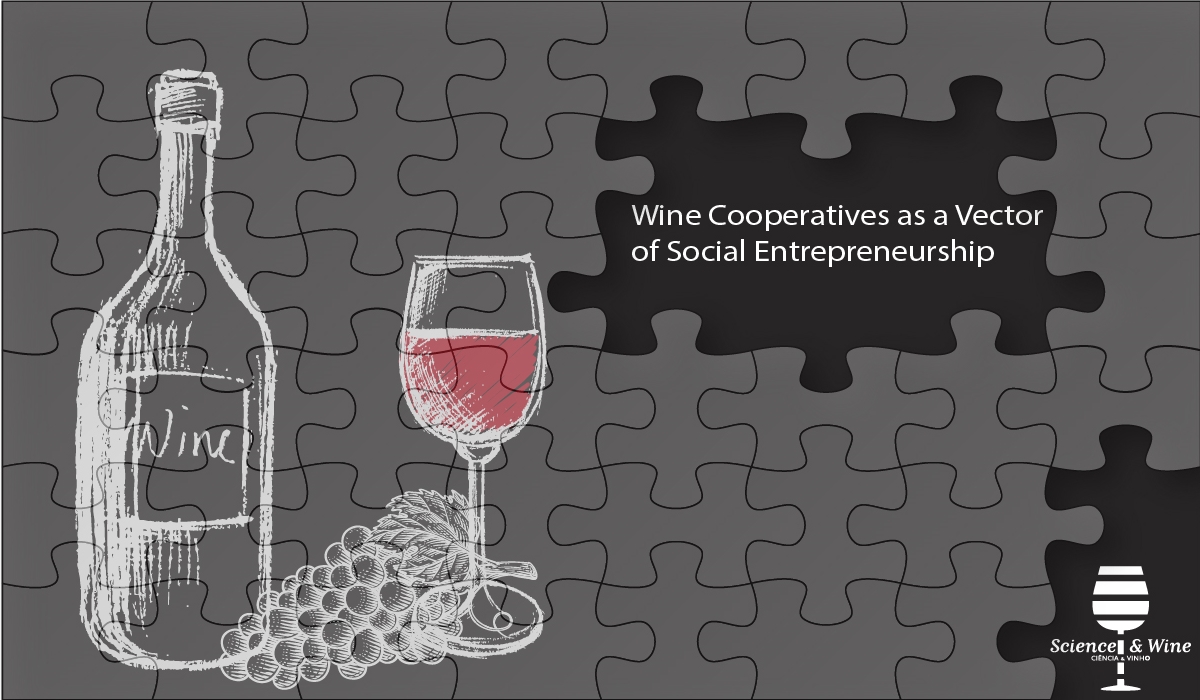In this post the authors propose a group of indicators for the analysis of wine industry performance. They present a new model that analyzes the direct impact of wine industry productivity rate (Π*), the wine industry performance rate (ΔΠ), the wine cargo expansion rate (Δϛ), and the wine industry technological change adaptability rate (ϕ) on wine industry network efficiency (WINE-Index). This new model, “The Wine Industry Network Evaluation Model (WINE-Model)” is intended to offer policy makers and researchers an additional analytical tool to study the impact of dynamic changes such as international trade trends and technological shocks on wine industry performance from a new perspective.
The WINE-Model can be applied to the study of any wine industry and is not constrained by geographical area or development stage of the industry. The WINE-Model is thus simple, flexible, and versatile. The authors appllied the model to the wine industries of Spain, Italy, France, Chile, Argentina, and Greece. Perhaps the WINE-Model’s biggest strength is its ability to capture and measure industry performance from a dynamic perspective.


